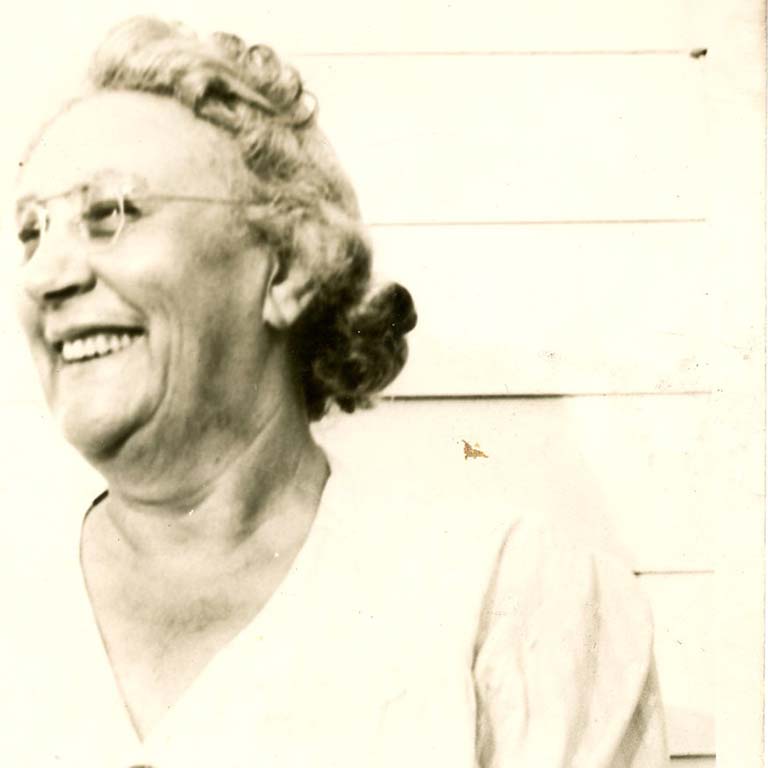Interview with Ricky Cottman
Ricky: Rickman [my first name], that’s a family name. I’m named for family on both sides.
K: So, I guess, going into the family names do you know where these family names come from?
Ricky: Yeah, Cottman name was my father’s side of the family and they were given that name dating back to 1792. My 3rd great grandfather Abraham Cottman was a slave along with his two sons and wife and they lived in Fairmont West Virginia. It would’ve been Virginia at the time. That name, Cottman, name was given to him because he was a slave. It was a last name slave. In terms of the Rickman family situation, they were free people of color from Patrick county Virginia where they were listed as members… of being white, Native American, and African American. And they were listed as members of the OCCANEECHI SAPONI Indian tribe. And that name, that Rickman was also given from the time of slavery time where they were then free people of color after 1790.
K: what’s the object that you brought for us?
Ricky: I actually brought several things. I brought a family history from the Cottman family history, which includes information about the Rickman side of the family (which was my mother). My mother was a Rickman and the Rickman’s, though, where her connection comes in is that her mother was Ora Francis Bass, and she was the daughter of William Clarkson Bass, who are tied to the Basses from here in Long, Ohio. My mother’s father Eriah Rickman married Ora Francis Bass, and so that’s how we have the connection here though the Bass family name.
K: can you speak to the other objects?
Ricky: So I brought photographs of the Rickmans, including the one picture with my grandmother, Ora Francis Bass Rickman. I brought pictures of my grandparents, Dottie and Thomas Cottman, but Dottie being a Burden. Three sides of my family came from this area: the Cottmans, they lived on the Indiana side, and my second great grandfather Hiram Cottman and his wife Agnes Robbins Cottman are buried in the Alexander Cemetery on the Indiana side, which is not far (about 2.5 miles from here down where the ULI’s at). But they’re buried in what’s known as the Alexander cemetery, which was a cemetery tied in with the Alexander African Methodist Episcopal church. And my second great grandparents, Hiram and Agnes, were caretakers and house parents for students that attended the ULI, grounds keepers, took care of a lot of stuff back in the 1860s and 1870s.
K: That’s a wonderful history
Ricky: I brought those documents with me and I gave them to Jazma also.
